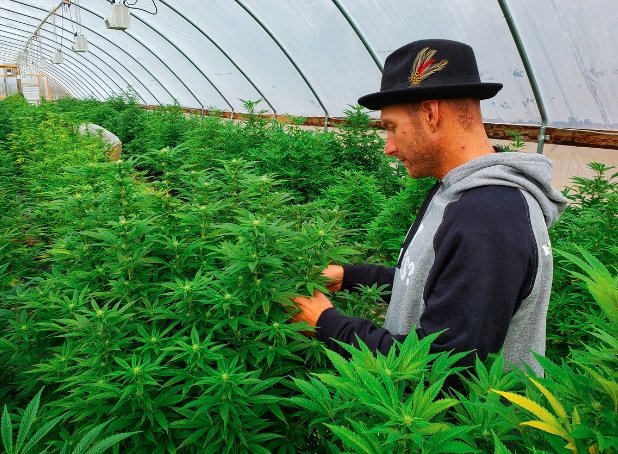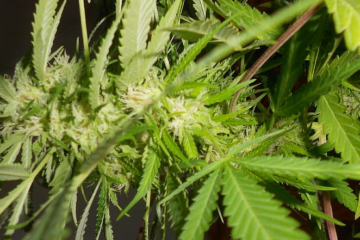In the heart of Wisconsin, a movement is growing. Tribal groups are banding together to advocate for the legalization of medical cannabis, a step they believe is crucial for the well-being of their communities and the state at large. This collective effort aims to bring healing and economic growth, challenging the status quo and setting a precedent for future policy reform.
The Drive for Change
The Indigenous Cannabis Industry Association has been a pivotal force, rallying tribal leaders to lobby for change. Their recent summit marked a significant moment, with a unanimous decision to push for legalization. The focus is clear: provide access to cannabis for those in need, including veterans and individuals seeking alternative relief.
The Lac du Flambeau Ojibwe Nation is the latest to join this cause, recognizing the potential for cannabis to offer more than just medicinal benefits. It’s about economic sustainability and creating jobs, leveraging cannabis as a resource to support a growing population.

Overcoming Obstacles
Despite previous setbacks, the determination of these tribal groups remains unshaken. They face a complex landscape, with political and legal challenges at every turn. Yet, their resolve is fueled by the success stories from neighboring states and the undeniable benefits witnessed in communities where cannabis has been legalized.
This movement is not just about cannabis; it’s about autonomy and the right to self-determination. It’s about taking control of their economic future and the health of their people.
A Vision for the Future
The efforts of Wisconsin’s tribal groups are painting a picture of what could be—a future where medical cannabis is not only legal but also a cornerstone of community health and economic stability. They stand united, ready to navigate the intricacies of legislation and public opinion, driven by the promise of what medical cannabis can bring to Wisconsin.



